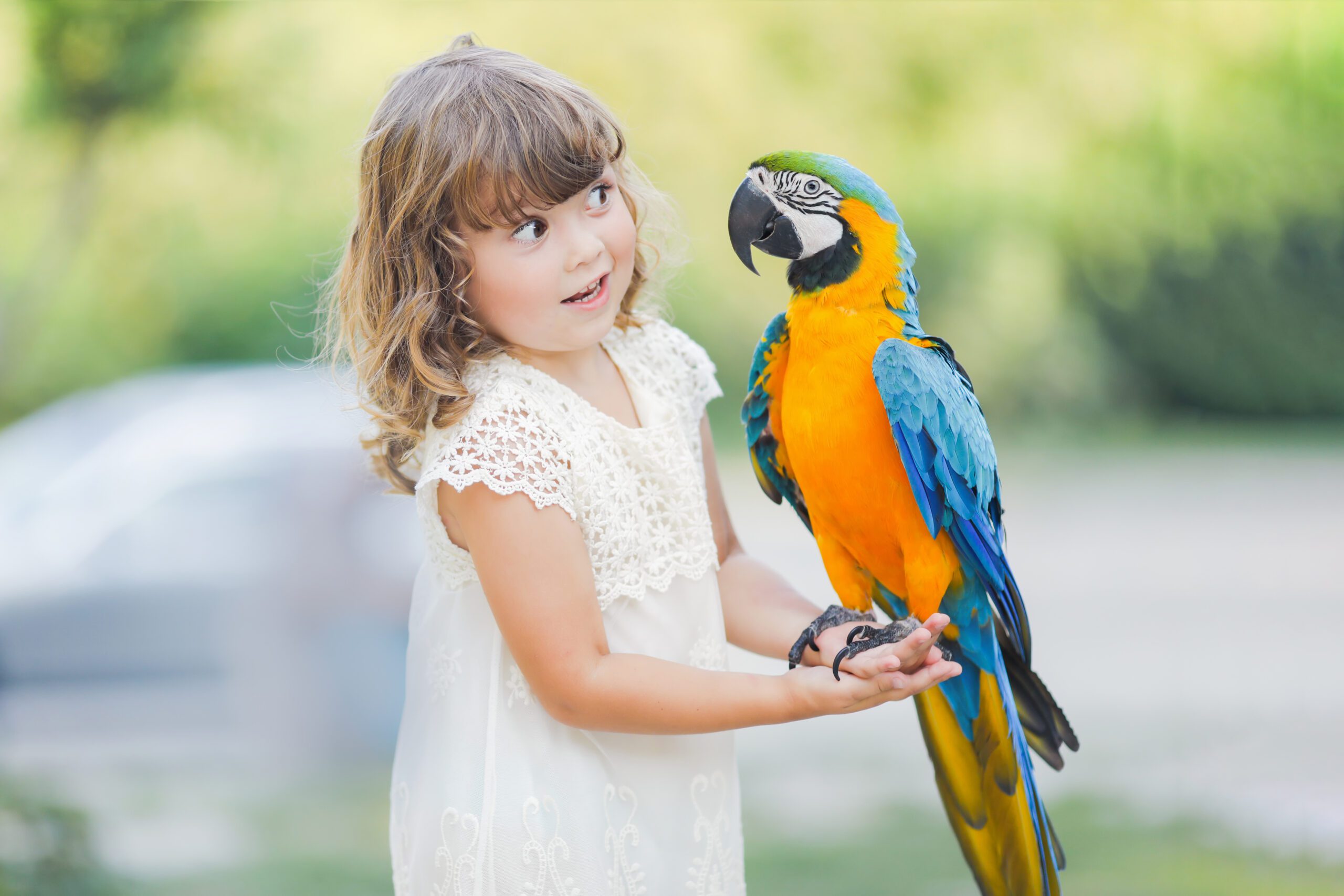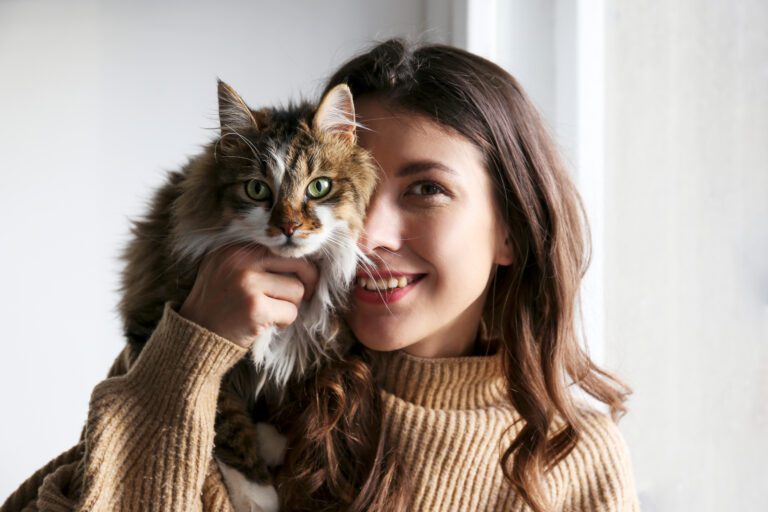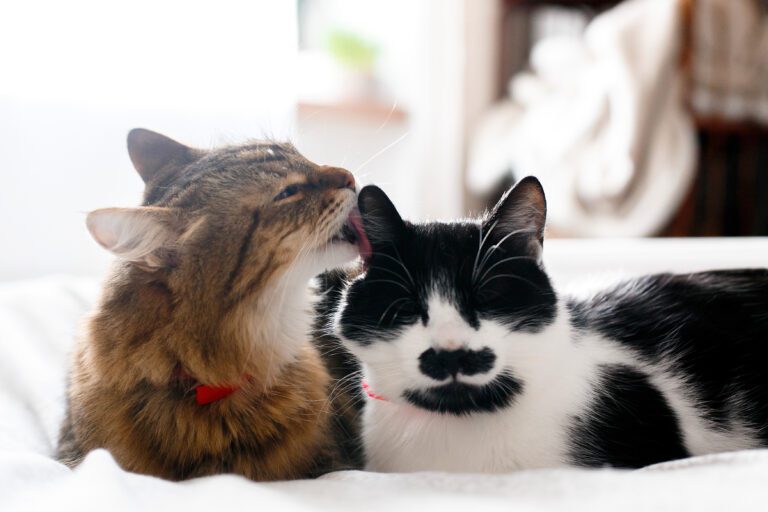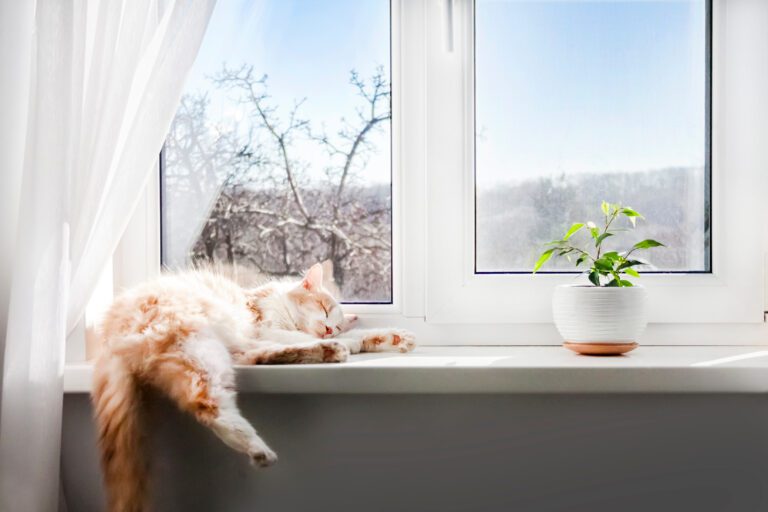Having a pet bird can be a joyful and rewarding experience. These charming creatures bring life and beauty to our homes with their colorful plumage and delightful melodies. However, owning a pet bird surprisingly comes with great responsibility! To ensure your feathered friend thrives in a safe and healthy environment, it’s essential to provide proper bird care and attention. In this comprehensive guide, we’ll explore the key aspects of caring for your pet bird.
Create a Safe Environment:
A safe and comfortable living environment is paramount for your bird’s well-being. Ensure the cage is spacious enough for the bird to stretch its wings fully. Choose a sturdy cage made of non-toxic materials with appropriate bar spacing to prevent escapes or injury. Place the cage away from drafts, direct sunlight, and hazardous household chemicals. Also, make sure the bird cannot access dangerous areas or chew on electrical cords.
Choosing the Right Bird:
Before bringing a bird home, it’s crucial to research and select the species that best suits your lifestyle and preferences. Consider factors such as size, temperament, lifespan, and noise level. Budgerigars, cockatiels, lovebirds, and parakeets are all excellent pet choices due to their intelligence, sociability, and ability to form deep bonds with their owners.
Budgerigars (Budgies):
Also known as budgies or parakeets, are small, colorful birds that make excellent pets for both beginners and experienced bird owners. They’re highly intelligent, social, and can be easily trained to mimic words and perform tricks. Budgies have playful and curious personalities, and their charming nature makes them great companions. They are relatively low-maintenance, require minimal space, and their cheerful chirping adds a delightful ambiance to any home.
Cockatiels:
Are renowned for their gentle and affectionate personalities, making them popular pet choices. These medium-sized birds are known for their striking crests and beautiful, varied colorations. Cockatiels are highly social and thrive on human interaction. They love being pet and enjoy sitting on their owners’ shoulders or perching nearby. Cockatiels are known for their whistling and mimicry skills.
Lovebirds:
As the name suggests, Lovebirds are known for their strong pair-bonding and affectionate behavior. These small, sociable birds form deep attachments with their owners and can become devoted companions. Lovebirds are known for their playful antics, including hanging upside down, playing with toys, and nibbling on their owners’ fingers. With their vibrant plumage and lively personalities, lovebirds bring a lot of charm and love into a household.
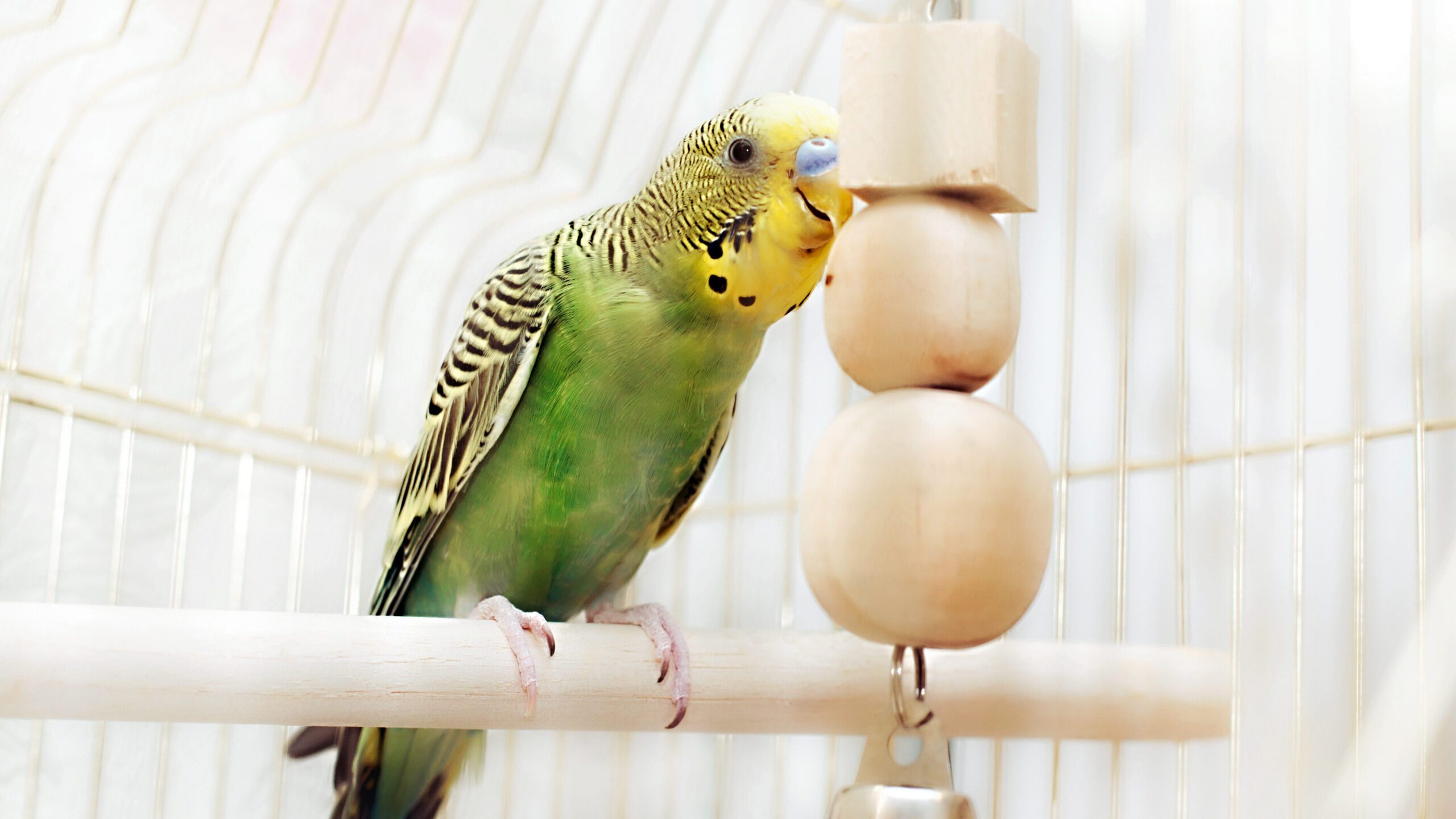
Parakeets:
A term used to describe various small to medium-sized parrot species, are popular pets due to their friendly nature, ease of care, and ability to bond with their owners. They’re known for their vibrant colors and playful personalities. Parakeets are intelligent birds that can be taught tricks and enjoy interactive toys. They have the ability to mimic sounds and speech to varying degrees.
Proper Nutrition:
Maintaining a balanced and nutritious diet is vital for your pet bird’s overall health. Consult an avian veterinarian or do thorough research to determine the specific dietary requirements of your bird species. Generally, a combination of high-quality commercial seed mixes, fresh fruits, vegetables, and occasional treats will provide the necessary nutrients. Avoid feeding birds foods that are toxic to them, such as chocolate, avocado, caffeine, and alcohol.
Hydration and Clean Water:
Clean and fresh water should always be available for your bird. Always! Change the water at least once a day and clean the water dish regularly to prevent bacterial growth. Some birds enjoy bathing, so provide a shallow dish or mist them with water to aid in their grooming and hydration.
Mental Stimulation:
Birds are intelligent creatures that require mental stimulation and social interaction to thrive. Engage your pet bird with a variety of toys, including puzzles, bells, and chew toys. Rotate the toys regularly to prevent boredom. Additionally, spending quality time with your bird outside the cage, providing opportunities for flight and exploration, is crucial for their well-being. Read our blog post on allowing your bird to fly outside and the potential risks!
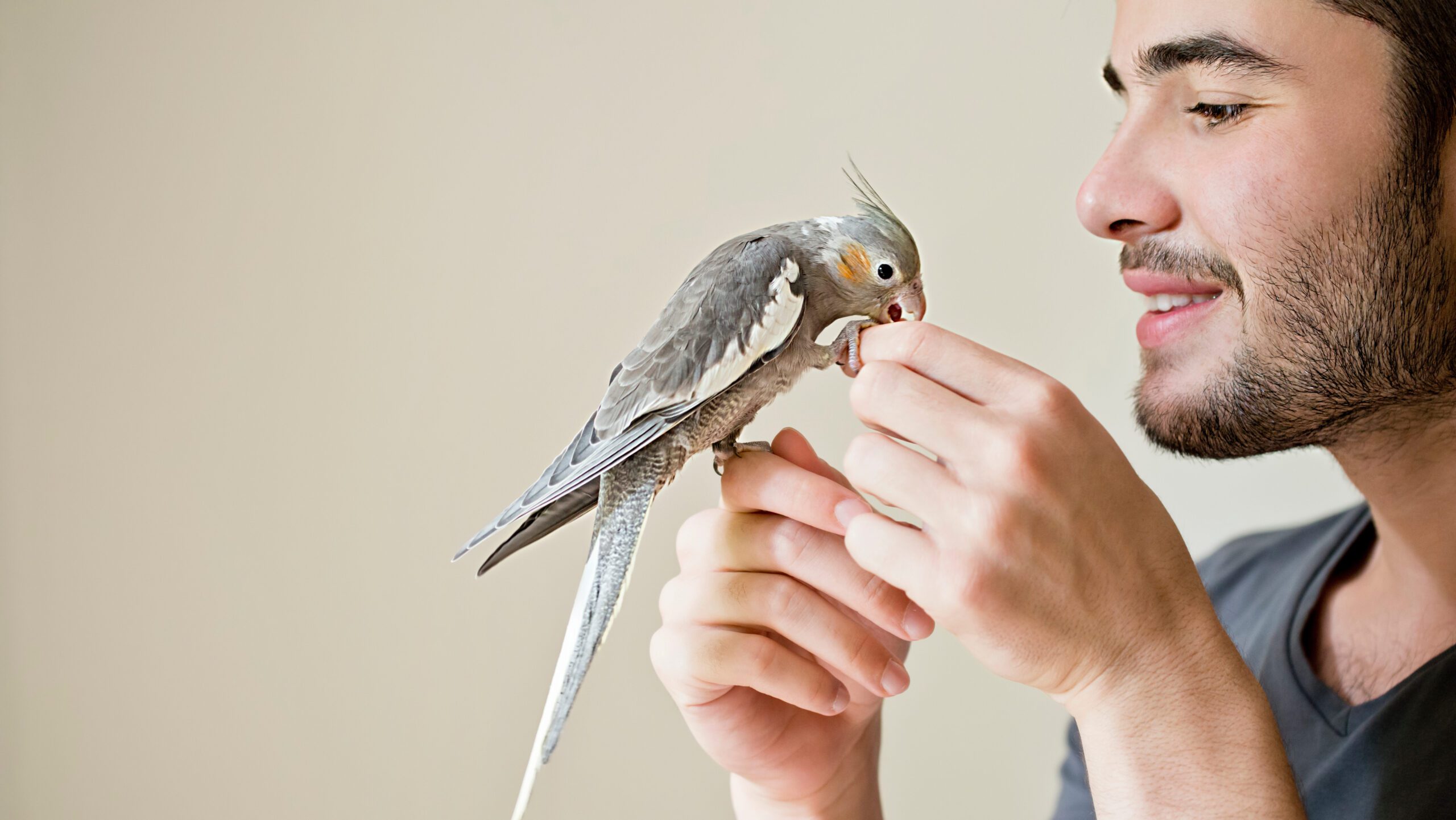
Exercise and Flight:
Birds are natural fliers, and regular exercise is essential for their physical and mental health. Allow your bird to fly outside the cage in a safe, supervised environment. Ensure the space is bird-proofed, free from hazards, open windows, or other pets that may pose a threat. Alternatively, consider a larger flight cage or an aviary to provide ample space for your bird to move around.
Veterinary Care:
Vet care is often the key to proper bird care. Regular veterinary check-ups are vital for maintaining your pet bird’s health. Find a qualified avian veterinarian who can perform routine examinations and provide necessary vaccinations or treatments. Birds are masters at hiding signs of illness, so it’s crucial to monitor their behavior, appetite, droppings, and overall condition. Promptly seek veterinary care if you notice any concerning changes.
Owning a pet bird is a delightful experience that brings companionship and joy. By providing a safe and stimulating environment, a healthy diet, regular exercise, and proper veterinary care, you can ensure your beloved feathered friend lives a happy and fulfilled life. Remember, each bird is unique, so pay attention to their individual needs and behaviors. By nurturing a strong bond and dedicating time to their care, you’ll create a lifelong friendship with your pet bird.



